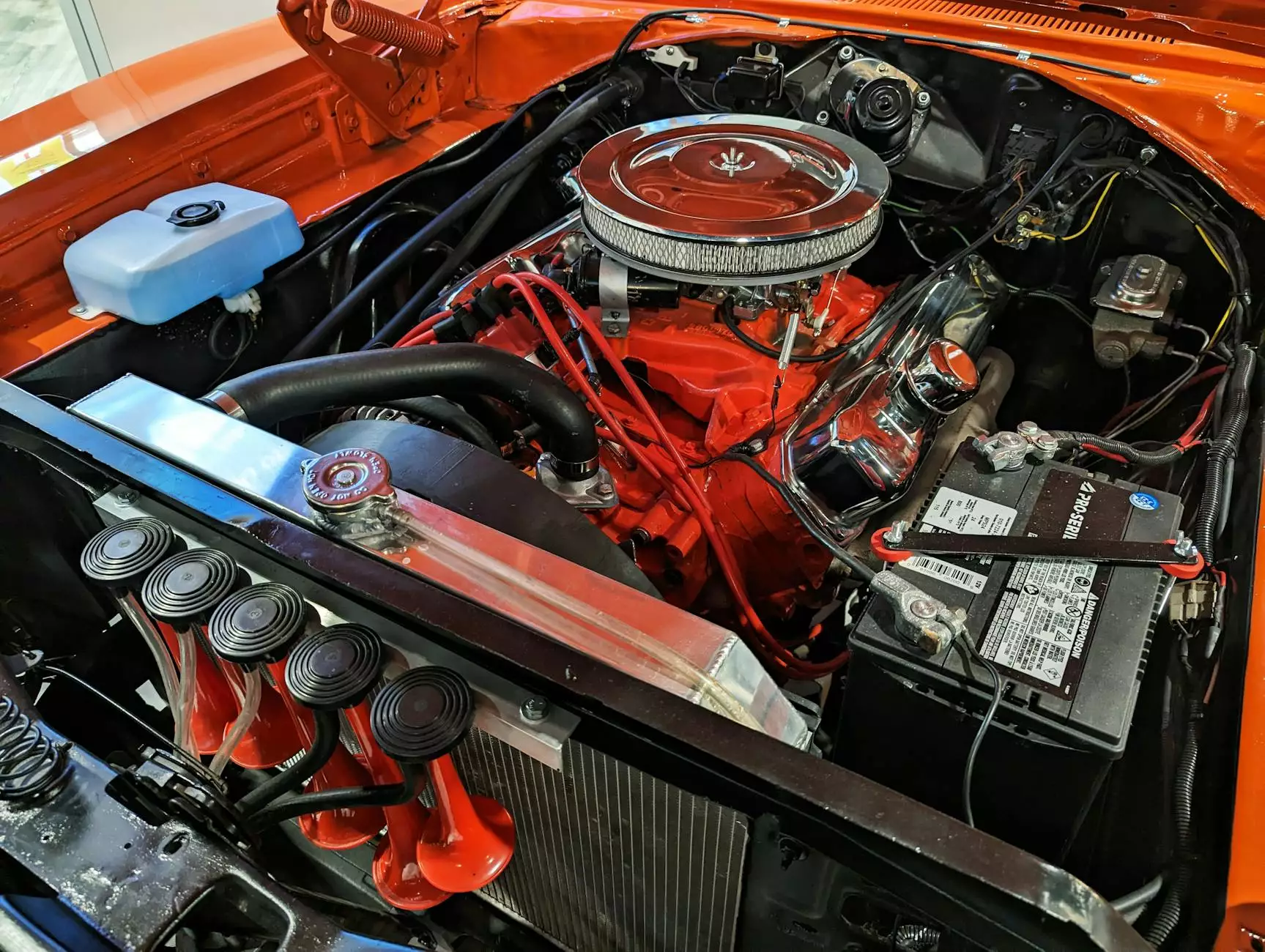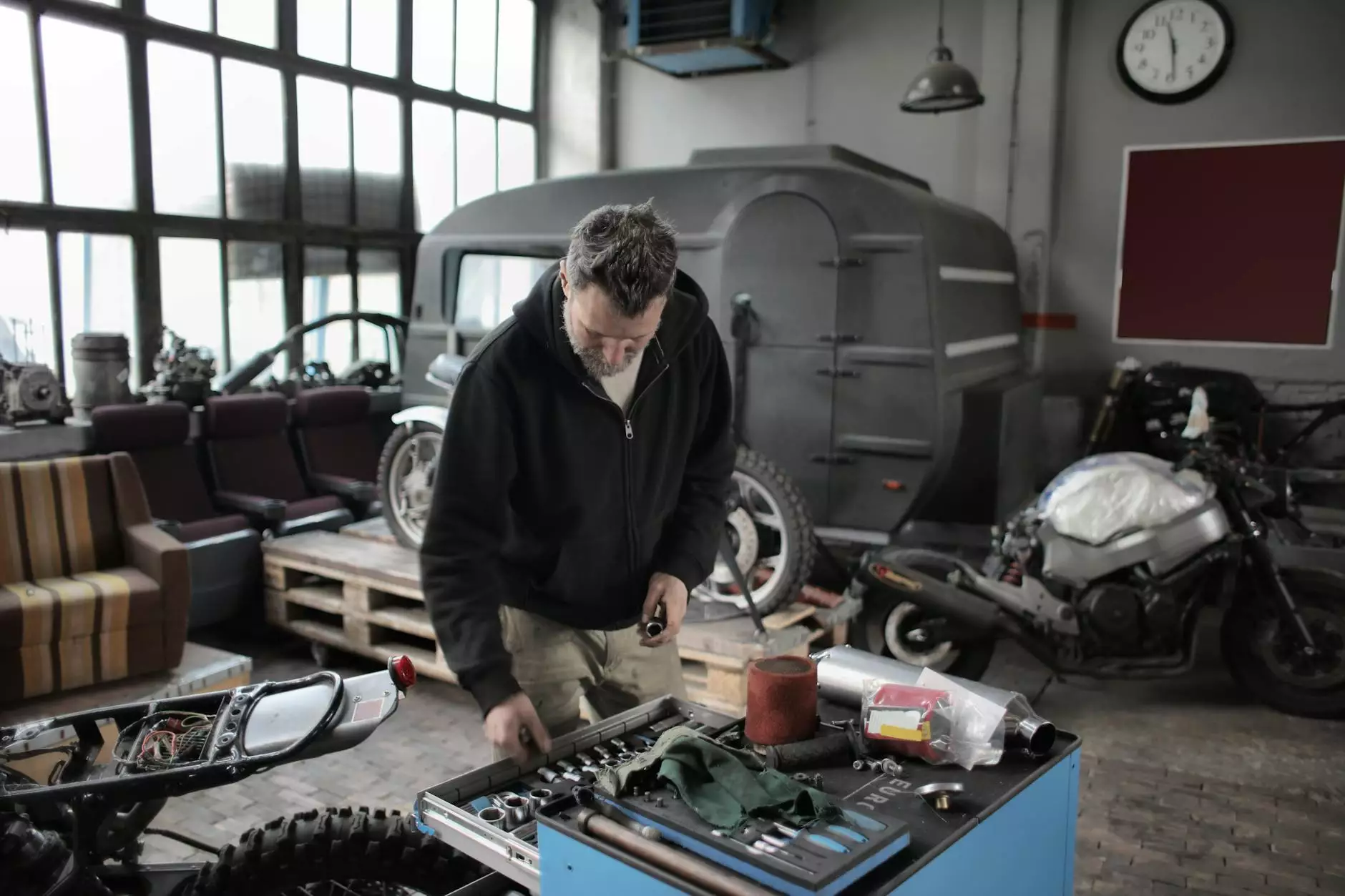The Intricate Components of a Piston Engine

When it comes to the world of engines, the piston engine stands as one of the most iconic and essential inventions. Let's delve into the parts of the piston engine that make it a powerhouse of modern engineering.
1. Piston
The piston is a vital component of the engine, moving up and down in a cylinder to convert energy into mechanical motion. Made typically from aluminum alloy, pistons endure high temperatures and pressures.
2. Connecting Rod
Connected to the piston via the wrist pin, the connecting rod transfers the piston's linear motion to rotational motion. It plays a crucial role in translating the force generated by the piston to the crankshaft.
3. Crankshaft
The crankshaft is often considered the heart of the engine, converting the linear motion of the pistons into rotational motion. It drives various engine components and ensures smooth operation.
4. Cylinder Block
The cylinder block houses the cylinders where the pistons move. It provides support and structure to the engine while also assisting in heat dissipation and lubrication flow.
5. Cylinder Head
The cylinder head fits atop the cylinder block, sealing the combustion chamber and housing components such as valves, spark plugs, and fuel injectors. It plays a critical role in the engine's performance.
6. Valvetrain
Comprising valves, camshafts, and related components, the valvetrain controls the flow of air and fuel into and out of the cylinders. It regulates engine performance, fuel efficiency, and emissions.
7. Timing Belt/Chain
The timing belt or chain synchronizes the rotation of the crankshaft and camshaft, ensuring precise timing of the engine's valves. Regular maintenance of the timing system is crucial for engine health.
8. Spark Plugs
Spark plugs ignite the air-fuel mixture in the combustion chamber, generating the power necessary to move the pistons. Proper spark plug maintenance is vital for efficient engine operation.
9. Oil Pump
The oil pump circulates engine oil to lubricate moving parts, reduce friction, and dissipate heat. Maintaining proper oil levels and quality is essential for engine longevity and performance.
10. Gaskets and Seals
Gaskets and seals prevent fluid and gas leaks between engine components. Ensuring the integrity of gaskets and seals is crucial for maintaining the efficiency and reliability of the engine.
Understanding the intricate parts of the piston engine is key to appreciating the complexity and functionality of this marvel of engineering. With a deep dive into these components, you can better grasp the inner workings of your diesel engine and the role each part plays in its performance.
For high-quality Diesel Engine Parts and reliable Spare Parts Suppliers, visit client-diesel.com to explore a wide range of products to keep your engine running smoothly.









